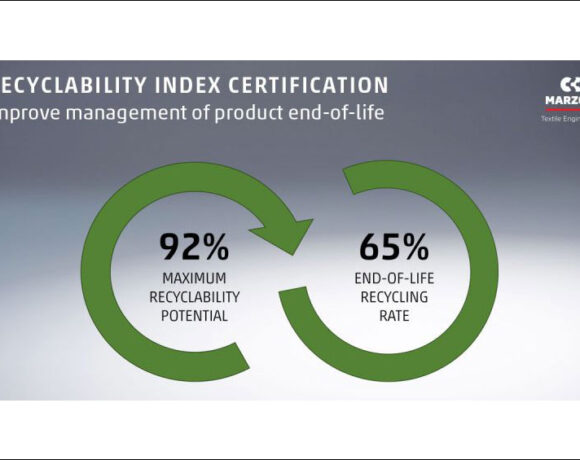Cotton Textile Associations Submit Memorandum To Piyush Goyal

The Confederation of Indian Textile Industry (CITI) and other cotton based textile associations submitted a memorandum to the textiles ministry in a collective effort to address the challenges faced by the Indian cotton textiles and clothing industry.
The joint memorandum submitted to Piyush Goyal, Minister of Textiles highlights concerns related to the Cotton Corporation of India (CCI) Minimum Support Price (MSP) cotton procurement practices and proposes changes to ensure stable prices and smooth supply to the downstream sectors.
The letter appreciated the formation of the Textile Advisory Group (TAG) under the chairmanship of Suresh Kotak, which has undertaken various policy initiatives including reconstitution of the MCX Product Advisory Committee and implementing pilot project on cotton master plan.
The letter stressed on impact of CCI MSP cotton procurement practices on cotton prices, especially when carried out on a large scale, which favour multinational cotton traders, leading to speculation in cotton prices that adversely affect yarn prices and cotton textile and garment exports.
Considering the financial stress faced by the MSME spinning segment, the memorandum sought that CCI should sell cotton to only registered textile or spinning mills from February. Retain MSP procured cotton as a buffer stock and releasing it based on international price differentials to ensure price stability.
Announce monthly prices, taking into account MSP procured price, carrying charges, and other incidental charges and extend a uniform free period of 60 days for all actual users and also collect a one-time Earnest Money Deposit (EMD) of 10 percent for advance booking.
Extend a key loan facility by storing pre-booked cotton at individual mill premises for day-to-day use against payment. Sell cotton in multiples of 130 to 150 bales (one truckload) on par with MCX to benefit small spinning mills.
The memorandum also sought to establish a sub-committee to monitor CCI’s trade practices and prices, taking corrective measures when necessary, while also facilitating structured financing to CCI/MSME textile units at a priority lending rate.
The memorandum emphasised that adopting these policies would be mutually beneficial for CCI, the government, and the user industry as it aims to ensure stability in cotton prices, protect the interests of MSMEs, and promote the long-term growth of the Indian cotton textiles and clothing industry.















